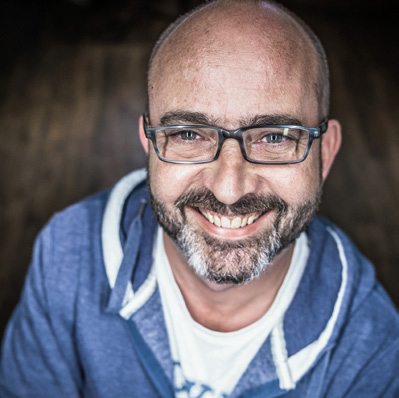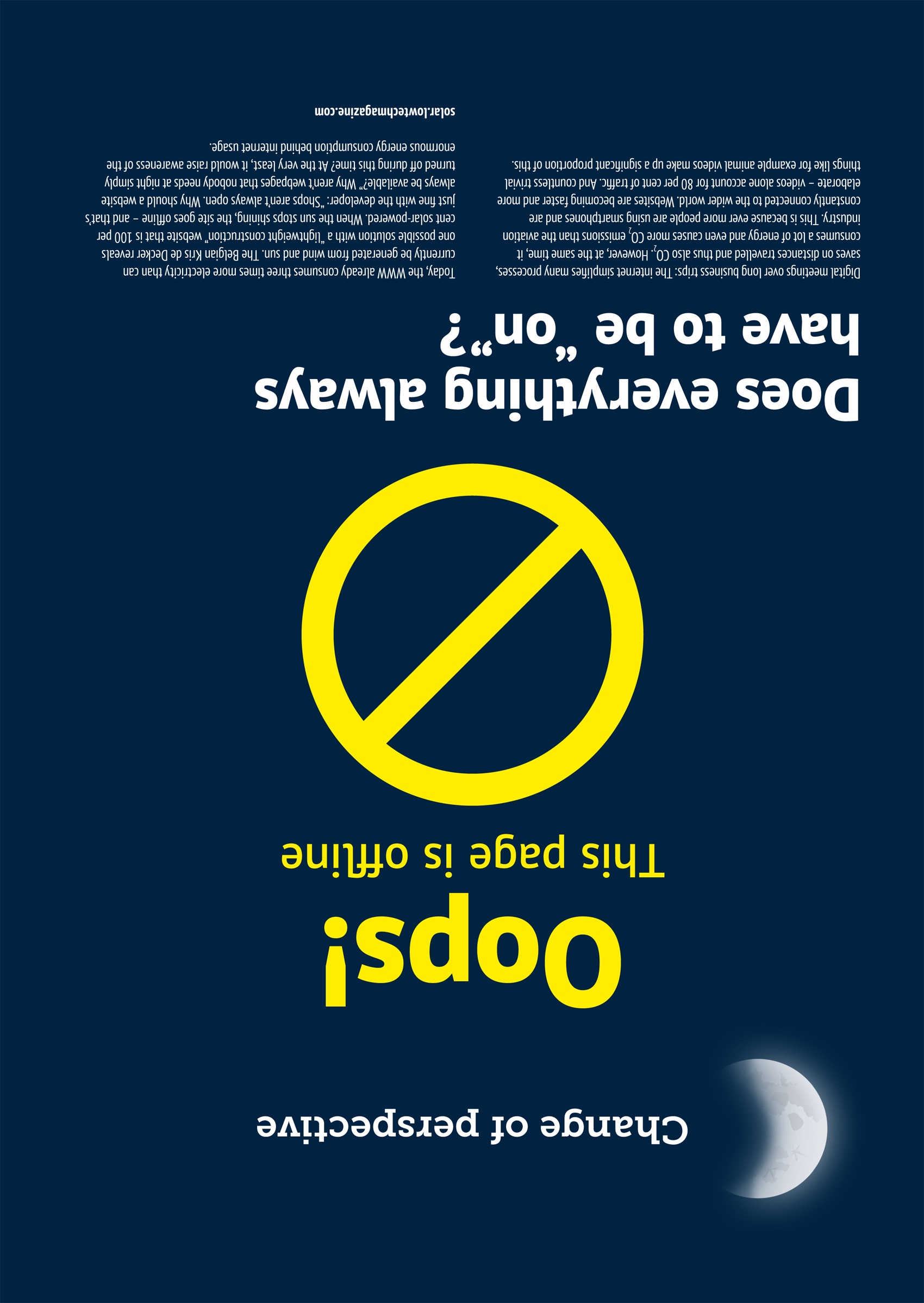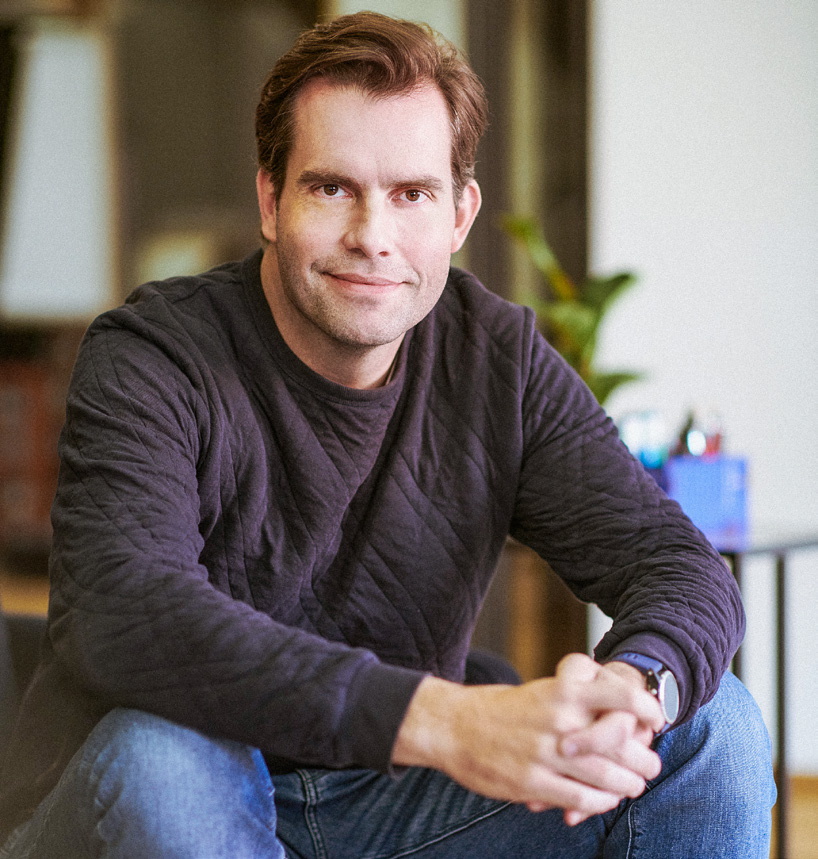
C
limate change, the war in Ukraine, a shortage of skilled workers, a shortage of drivers, rising energy costs, ever higher raw material prices, disrupted supply chains, the pandemic, the semiconductor crisis – the list of enormous challenges facing the economy and society could, unfortunately, go on and on. In the second decade of the 21st century, the problems have become increasingly concentrated and entrepreneurs have to cope with all these issues simultaneously. How is it possible to stay in the driver’s seat here, to set the right course, and readjust processes? What matters right now?“In the long term, environmental risks will be at the centre of any necessary transformation. That is why this topic should be a priority for entrepreneurs,” something consultant Katja Mayer is convinced of. The conviction that CO2 costs are rising is certain. “And simply because of regulations at EU level, anything related to climate targets and environmental concerns remains the focus for all supply chains.” Of course, many companies – especially those listed on the stock exchange – are already adopting a sustainable approach, says the expert, because institutional investors have been pushing the issue for a long time: “They have more or less forced companies to realign their strategies and become active in this regard. New regulations – such as the EU taxonomy or due diligence in supply chains – have now set in motion a domino effect that is reaching down to smaller suppliers. In the future, everyone will have to act and not only on environmental issues, but in equal measure on social and corporate governance issues.”
The Coronavirus has exposed certain weaknesses
Furthermore, according to Mayer, most companies have recognised that this is not the only reason why a transformation is necessary. In her book “Nachhaltigkeit: 125 Fragen und Antworten” [“Sustainability: 125 Questions and Answers”], published by Springer-Verlag, the consultant explains how companies can be managed sustainably. “The Coronavirus has once again revealed many weaknesses,” she explains. “I think that every company is well-advised to question its own business model now and analyse the critical parameters.” It is important for companies to carry out an accurate analysis of their entire supply chain, and to know the CO2 emissions released in the process. Transport and logistics, in particular, play a critical role here. “If I can offer low-carbon solutions for my customers, I have an important competitive advantage.” In her opinion, the following questions should also be addressed:
What is my impact?
What will change in my supply chains in the future?
Where are there price increases?
What new legislation affects me?
What risks do I actually face?
What alternatives do I have at critical junctures?
Where do cooperation and digitisation help?
What will change in my supply chains in the future?
Where are there price increases?
What new legislation affects me?
What risks do I actually face?
What alternatives do I have at critical junctures?
Where do cooperation and digitisation help?
With regard to sustainability, according to the expert, you have to accept that this principle means a permanent conflict in terms of goal attainment: “The environment, and socially responsible value creation – there are many points of friction. Acting responsibly is, on the one hand, quite simple to understand and ethically correct, but at the same time, extremely complex. And entrepreneurs have to bring this all together.” Despite all the challenges we face, she advises not to see the topic as a burden, but rather as an impetus for innovation that can, for example, deliver new production processes, technologies and also business models for the logistics sector. “Let’s rely on the circular economy approach to develop positive innovations in business models that really come into their own, thanks to digitisation: For example, imagine a future where the world has switched completely to renewable energy, and where all resources are constantly recycled with minimal losses. Considering that we in Germany, in particular, have an excellent understanding of engineering and new technologies: There is already a lot of innovation taking place. Actually, we have everything at our disposal to continue performing at the top of our game in the future.”
Bold, big steps are needed
This requires a profound anchoring of the principle of sustainability in companies: “Even though my company is listed on the stock exchange and I already do so much in terms of ESG, i.e. environmental and social governance: This needs to be reflected in the strategy and backed up with clear targets – just as I have targets for turnover or development.”
KATJA MAYER

Katja Mayer has been working successfully with companies at an international level for 30 years. Since 2011, she has been a member of the supervisory board of Europe’s largest energy exchange, EEX, and cemented her reputation as an expert in corporate sustainability by setting up trading in CO₂ certificates for Deutsche Börse Group in 2010 to 2012.
In all of this, the challenge is that the future will be many times more complex than today, Mayer explains:
“We’ll all have to think more in terms of scenarios – which, in turn, brings with it a degree of uncertainty. And not all the decisions you make then will be right.” Nevertheless, courageous, big steps are needed, rather than small, cautious ones.
How do you take your staff on this journey? “That’s exactly what it is: a journey,” says David Cummins, Managing Partner of the Hamburg-based Ministry Group, which assists companies in organisational development. His focus is New Work – modern working in a digitised professional world. “As a leader, you first have to be willing to take that journey yourself,” he explains. “And then you extend a friendly invitation to your staff. Anything else would be kidnap, not getting people on board.”
Build an internal transformation team
He recommends building an internal transformation team to develop a vision for the organisation in collaborative fashion. Executives are, of course, already on board, while the rest of the crew should consist of people who already possess a degree of influence in the company, who are respected by the staff and who can motivate effectively. “And this group also needs a clear mandate, they need to be able to decide, to implement programmes, and to try things out.” Cummins has often assisted such a group: “I then have an idea of the path that needs to be followed, and I provide assistance, but each company takes its own individual approach.”


In the heart of Hamburg’s historic “Speicherstadt” district, the Digital Hub Initiative is creating an international network of companies, investors, start-ups, research and education.
Am I a modern employer?
Three sources of impetus from David Cummins

1. Openness
Being open to change creates an optimal foundation for a leadership style in today’s working world.
2. Forge relationships
A new-work attitude promotes good relationships between people in the organisation. A modern employer takes its time, and always conducts discussions on an equal footing.
3. Resonance
Listen! Have the courage to enter into dialogue and observe what resonates. Unpleasant feedback is also a sign that you are on the right track.
Being open to change creates an optimal foundation for a leadership style in today’s working world.
2. Forge relationships
A new-work attitude promotes good relationships between people in the organisation. A modern employer takes its time, and always conducts discussions on an equal footing.
3. Resonance
Listen! Have the courage to enter into dialogue and observe what resonates. Unpleasant feedback is also a sign that you are on the right track.
Not all staff will welcome change lightly – change can be scary. “The key here is to strike the right balance and avoid extremes, because they would cause uncertainty,” says Cummins. “You shouldn’t abolish hierarchies entirely, or put people completely at the centre of everything. It’s not the case that everything old is bad, and everything new is good. We need to find healthy middle ground. This is because, if a change is too disruptive, it usually causes rigidity within teams. If you don’t know where to go, you’d better stay on the spot for now.”
Outline the vision as a story
The transformation team can outline the vision they are creating for the company as a story. This sheds light on where you want to go, and also takes into account where everyone is at the present moment. And there is enough room to ask everyone on the way, time and again how they feel, what they need and where, for example, there is room for greater experimentation. “It doesn’t have to happen slowly, but often it develops a fantastic dynamic that inspires and drives everyone involved.”
DAVID CUMMINS

David Cummins is the managing partner of the Hamburg Ministry Group. For more than nine years, he has assisted human resources and organisational development, forms of agile working and self-organised teams. The New Work Future conference for leaders and designers in organisations, which he co-founded, is dedicated to the working world of tomorrow.
Today, modern work is quickly associated with the term “agile”. But its methods – such as sprints, design thinking and the like – are only recommended by David Cummins if the solution to a problem is open and if, for example, you want to develop a new product that is influenced by many external and unpredictable factors. “If, on the other hand, I only want to develop a complicated product, but an expert knows exactly how it works, I tend not to need these tools. And so, if I already know what I want to do and only have to implement it, I don’t have to lay it on too thick with agile processes – especially not if the sole aim is to present myself as a modern employer.”
Everyone must fit together
According to Cummins, you are more likely to do that by evolving constantly. “You should demonstrate openness and not have ready-made solutions in your pocket, but rather be prepared to find answers to questions together with your staff. Anyone who leads a company or a team should develop ideas and a notion of the direction in which they can go. But then we all have to move in sync – if only because the current challenges are so complex that no one person can master them alone.”

Johannes Berg becomes a new member of the “Denkfabrik” think tank

With “Denkfabrik”, Krone created a think tank in 2019 in which experts from various professions meet at regular intervals to exchange ideas about trends, technologies and ideas for tomorrow’s working world. Johannes Berg was appointed as a new member in 2022. “For me, it’s an honour to be a part of it,” he explains. “The group is hugely exciting. With the Hamburg Digital Hub Logistics, I myself have created a logistics network in which primarily start-ups can realise ideas. I look forward to gaining even deeper insight into the broad world of logistics, and sharing my knowledge at the Krone Denkfabrik. Above all, beyond my own highly agile work environment, where much revolves around terms like funding rounds or a “unicorn status”, I’d like to enter into dialogue with the entrepreneurs who are absolute professionals in their day-to-day business, and thus form the backbone of the economy. It’s a thoroughly grounding experience.”
The other members of the Krone Denkfabrik are:
Wolfgang Thoma, Managing Partner of Ansorge Logistik
Axel Plaß, Managing Director of the Hamburg Zippel Group
Berit Börke, CEO and Founder of Partner for Pioneers
Anthony Wandt, Managing Director of Wandt Spedition Transportberatung
Christian Kille, Professor of Retail Logistics at the University of Applied Sciences Würzburg-Schweinfurt
Oliver Detje, Publishing Director DVV Media Group GmbH
Axel Plaß, Managing Director of the Hamburg Zippel Group
Berit Börke, CEO and Founder of Partner for Pioneers
Anthony Wandt, Managing Director of Wandt Spedition Transportberatung
Christian Kille, Professor of Retail Logistics at the University of Applied Sciences Würzburg-Schweinfurt
Oliver Detje, Publishing Director DVV Media Group GmbH
Potentially the greatest challenge of the past two years was the Coronavirus pandemic – a crisis that hardly anyone could have foreseen. During this time, logistics became even more important than before, and at least in some places, it was also rendered more visible to the public. Johannes Berg, new head in the circle of experts at Krone’s “Denkfabrik” think tank, says: “Logisticians have shown a great deal of flexibility in this crisis, and they have also demonstrated how they always manage to make the best of dicey situations. The industry possesses this strength, and will certainly retain it in the future.”
Sustainability as an opportunity
As Managing Director of the Digital Hub Logistics Hamburg, Johannes Berg talks a lot with representatives from the industry. He senses a strong increase in awareness vis-a-vis the importance of sustainability. “It was certainly an issue for many people for a long time that they put on their agenda, because it was clear that it had to be dealt with,” says Berg. In the meantime, however, he is hearing with increasing frequency that entrepreneurs know that they have to adjust the parameters of their day-to-day business and look beyond their environmental reports, to find out which knowhow or which technologies they need in the company, and whether collaborative approaches are indeed possible, and even make sense. “They also increasingly understand sustainability as an opportunity for new business models and areas,” says the network expert. “This is because, when the first wave of companies come out of the woodwork and cooperate with start-ups to utilise a great sustainability management system and distribute it beyond their own production sites, competitors inevitably come under pressure.”
JOHANNES BERG
The Managing Director of the Digital Hub Logistics Hamburg, studied International Relations and completed an MBA in Innovation Management. Among other things, he has worked in corporate and political consulting, managed the TÜV Nord Group’s representative office in Brussels, and handled research and innovation projects at NXP Semiconductors in Hamburg.
Another issue he encounters time and again is the desire for greater transparency in the supply chain. “You might think that this is old hat because there are already many tools and services to this end, but especially with the pandemic and the disruptions to supply chains like the traffic jam in the Suez Canal, the need for even more transparency, automation and predictability seems to have grown.” And, finally, according to Berg, logistics companies continue to look fervently for ways to deploy staff effectively, for example, with automation tools.
Be a pioneer in sharing
Sharing is another keyword that can increase capacity utilisation and thus also save on personnel resources. “We know it more in terms of private mobility that sharing cars, for example, has become very widespread. I see it less in the commercial vehicle sector for the time being. But this can be an opportunity to establish a foothold as one of the first movers in the B2B sector,” says Berg. “After all, logistics is predestined for this, because different stakeholders along the logistics value chain have always struggled with inefficiencies or, for example, a certain degree of ignorance concerning load volumes on certain carriers. Perhaps one positive impact associated with the pandemic could be that, with greater transparency and one or two creative sharing models, you could also launch logistics into the stratosphere.” The time may not be quite right yet, but it could be soon: “I would say 2022 is not yet the ideal starting point, but maybe we’re on the verge of seeing plans in that direction beginning to pay off. And so you can definitely think about it and plan the initial steps.”
Illustration: Adobe Stock / Four Leaf Clover Photos: Dennis Moebus, Philip Erpenbeck, Digital Hub Logistics, Shutterstock/Artyway




